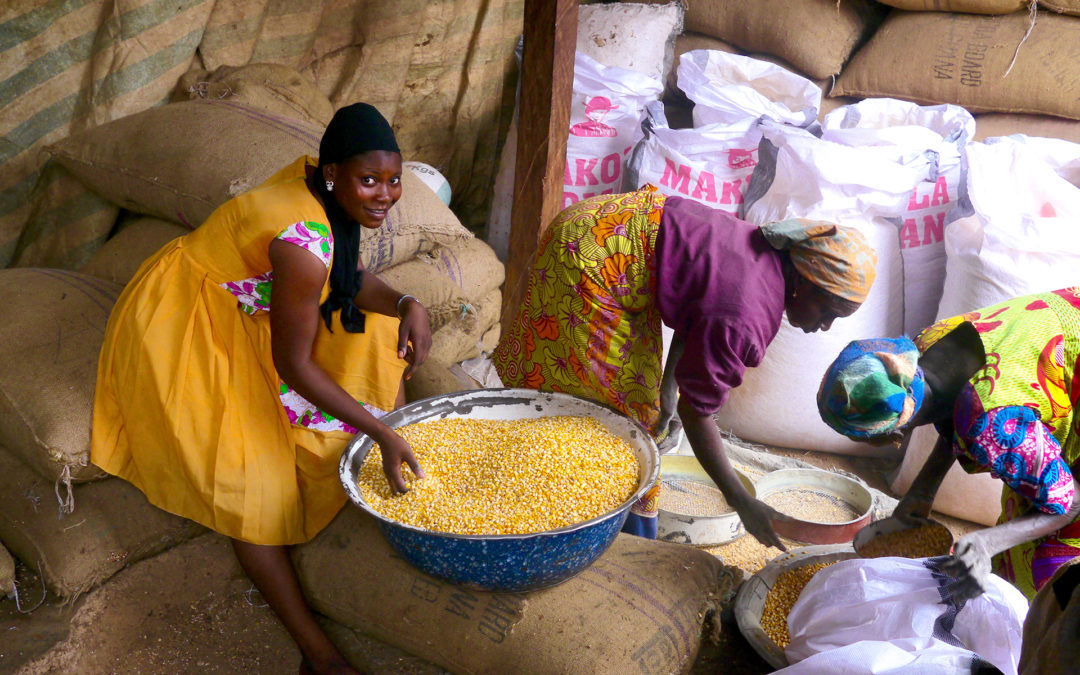In 2016 Gates Foundation and the German government commissioned three international research institutions (Cornell University, the International Food Research Policy Institute (IFPRI), and the International Institute for Sustainable Development (IISD)) to answer two key questions for the international community: What is the most effective way to reduce world hunger and nutrition by 2030, protect the climate and improve the income of the most vulnerable? And what will cost?
Over the last four years, the Ceres2030 partnership collaborated with more than 50 global partners and almost 80 researchers to analyze hundreds of thousands of research articles and reports from the last two decades, using AI and advancing economic modeling to come up with a credible answer.
In October 2020 they presented their findings to the international community – demonstrating that it is fully possible to reach SDG2 by 2030 if priority is given on a selected set of sectors and actions and at relatively low investment levels. At this event, the three directors of the study will present the findings of the study to the Norwegian Minister of Development Cooperation Dag Inge Ulstein and selected guests from Norwegian MFA and Norad, followed by Q&A, comments, and discussion.
Programme
12:00 Brief welcome by Jan Thomas Odegard, Executive Director of The Development Fund
12:05 Introduction by Minister of Development Cooperation Dag Inge Ulstein
12:15 Presentation of the Ceres2030-findings by Carin Smaller, David Laborde and Jaron Porciello
12:45 Q&A session with the Ceres2030-leadership
13:00 The Development Fund’s comment on the relevance of the Ceres2030 study for Norway’s international engagement
13:10 Open discussion on the relevance of the Ceres2030-study findings for the Food Summit, COP26 and Biodiversity Summit – all taking place in 2021
13:25 Closing remark by the Minister of Development Cooperation Dag Inge Ulstein
13:29 Wrap-up by The Development Fund
This is a private event.

Recent Comments